Allergies
Whether it's pollen in the air or dust in your home, dealing with allergies can be an everyday struggle for some. Learn how Kleenex® brand facial tissues can help manage your symptoms.
-
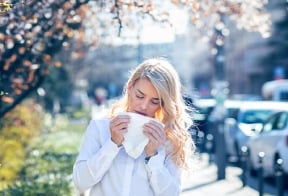 Guide to Tree Pollen Allergies in Canada
5.5 minutes Read
Guide to Tree Pollen Allergies in Canada
5.5 minutes Read
-
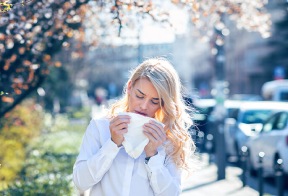 Guide to Tree Pollen Allergies in canada
3 minutes Read
Guide to Tree Pollen Allergies in canada
3 minutes Read
-
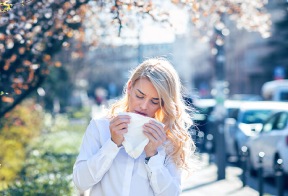 Advice for Managing Dust Mite Allergies in canada
3.5 minutes Read
Advice for Managing Dust Mite Allergies in canada
3.5 minutes Read
-
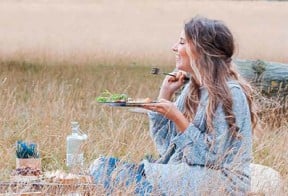 Hay Fever Symptoms and Signs
5 minutes Read
Hay Fever Symptoms and Signs
5 minutes Read
-
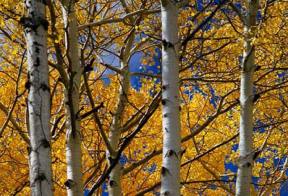 The Pollen Calendar
4.5 minutes Read
The Pollen Calendar
4.5 minutes Read
-
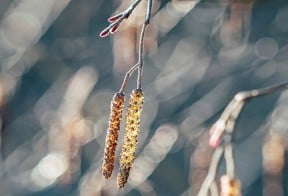 Types Of Pollen
6 minutes Read
Types Of Pollen
6 minutes Read
-
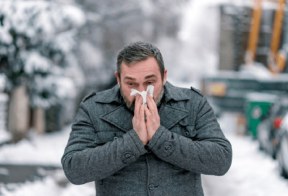 Understanding Winter Allergies: Everything You Need To Know
6 minutes Read
Understanding Winter Allergies: Everything You Need To Know
6 minutes Read
Explore more in tips & advice
- Explore
-
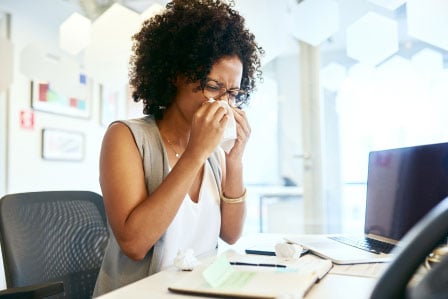 Cold & Flu
Feeling under the weather? Learn how you can find comfort and relief so you can be on your way to feeling like yourself again.
Explore Cold & Flu
Cold & Flu
Feeling under the weather? Learn how you can find comfort and relief so you can be on your way to feeling like yourself again.
Explore Cold & Flu
-
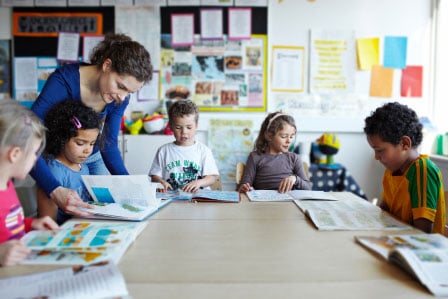 Arts & Crafts
Get crafty by turning Kleenex® brand facial tissue boxes into fun and practical décor for your home. These fun projects are great for kids!
Explore Arts & Crafts
Arts & Crafts
Get crafty by turning Kleenex® brand facial tissue boxes into fun and practical décor for your home. These fun projects are great for kids!
Explore Arts & Crafts
-
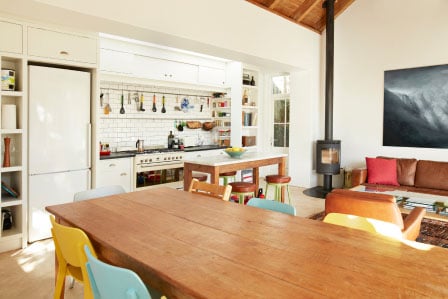 Back to School
New school years are exciting for kids and parents. Learn how Kleenex® brand tissues has you covered when your child starts heading back to the classroom.
Explore Back to School
Back to School
New school years are exciting for kids and parents. Learn how Kleenex® brand tissues has you covered when your child starts heading back to the classroom.
Explore Back to School
-
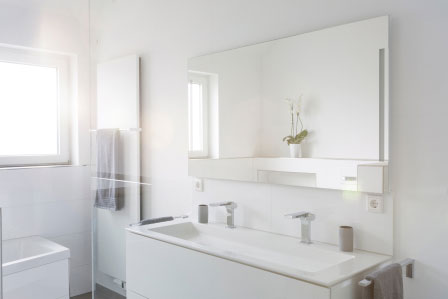 Home Hygiene
We know when life gets hectic, your home is your oasis. Learn tips and tricks on how to make your home more inviting and hygienic for all seasons.
Explore Home Hygiene
Home Hygiene
We know when life gets hectic, your home is your oasis. Learn tips and tricks on how to make your home more inviting and hygienic for all seasons.
Explore Home Hygiene


